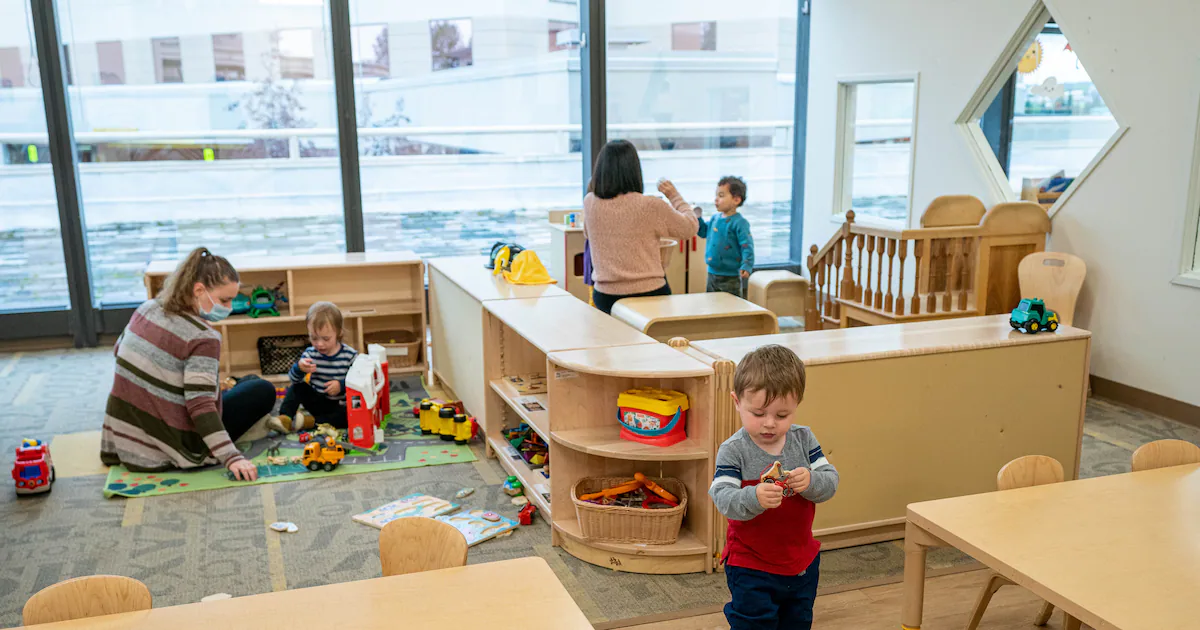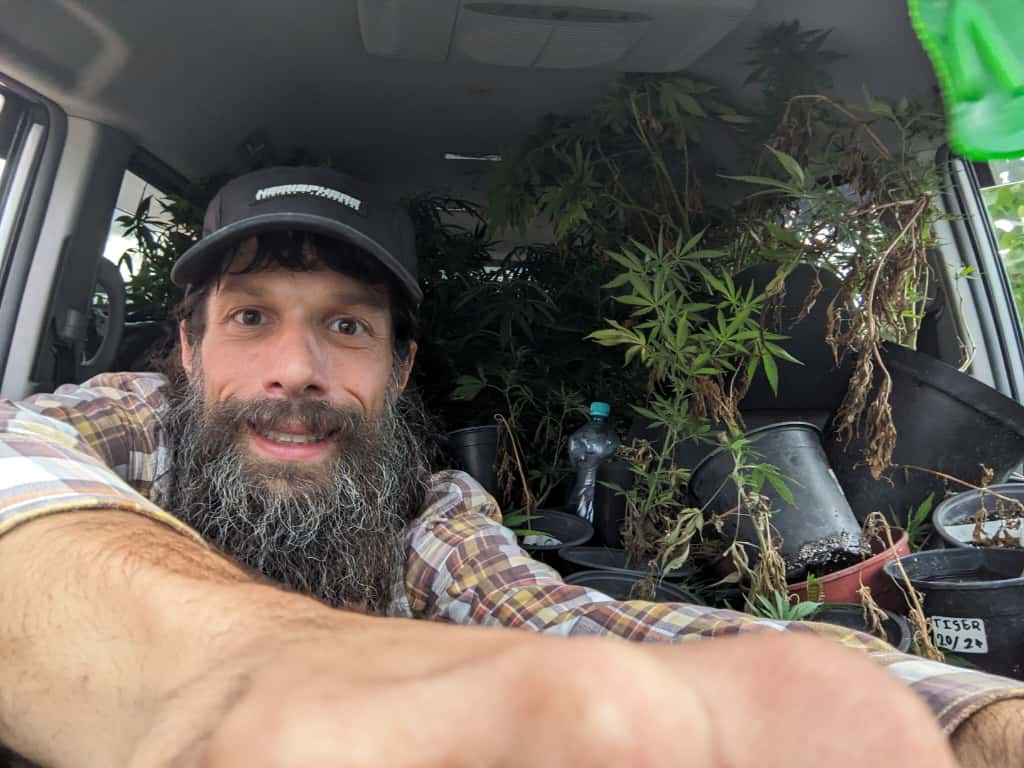Copyright Anchorage Daily News

In response to Alaska’s child care crisis, Gov. Dunleavy’s child care task force released a set of policy recommendations to build a strong and sustainable child care workforce in September 2024. The proposal focused on affordability, accessibility and quality care for Alaska families. Suggested solutions included streamlining processes within government bureaucracy and broadening support for parents and caregivers. Thanks to the work of the task force and child care advocates, we are already seeing some of these policies implemented at the state and city levels to reduce barriers to affordable, high-quality child care. We believe that true capacity building requires both sound public policy and entrepreneurial innovation. To that end, First Entrepreneurial and YWCA Alaska have partnered to propose and launch a pilot to develop worker-owned cooperative child care operations. The project was funded by ACCEE in July 2025. Why a cooperative owned by workers? They offer an evidence-based solution to the challenges facing Alaska’s child care system. Research consistently shows that members of worker cooperatives report higher wages, less burnout and greater job satisfaction compared to traditional workplaces. Their democratic ownership model prioritizes worker well-being over absentee investors. According to an Aspen Institute report, worker cooperatives are more resilient to economic shocks and have lower turnover. When employees participate directly in decision-making, they are more invested in their work and the long-term success of the enterprise. There is evidence that the kinds of problems that worker-owned cooperatives seek to address exist within the childcare sector. An analysis of the 2019 National Survey of Early Care and Education by the Federal Reserve Bank of Minneapolis (April 29, 2022) found that teacher turnover is significantly higher in centers with lower wages, concluding that raising pay is the solution to retaining early childhood educators in the lowest-paid positions. We rely on these providers to care for our young ones. A happy, healthy and stable workforce is the foundation for raising happy and healthy children. By design, worker-owned cooperatives foster employee satisfaction and create living-wage jobs. Recognizing the lack of competitive compensation and benefits for child care providers, the Alaska task force’s reports recommended policies to support living wages, including a state-funded wage subsidy. The task force also recommended measures to address the overall cost of care for child care providers. Alaska’s providers face a persistent gap between high operating costs and limited family subsidies. We applaud a recent policy decision in Anchorage allowing child care operators to use rent-free public school spaces to help reduce costs. In addition to these measures, the state needs a long-term, sustainable approach to making our child care sector a strong and robust one. We believe that a complementary approach to these policy solutions lie in entrepreneurial innovation. In addition to improving compensation, cooperative models give workers more control over their working conditions and, ultimately, enhance the quality of care. The first cohort of child care entrepreneurs in our pilot program began in September 2025, with workshops running through December. While this represents an important start, one pilot is not enough. Alaska needs a sustained pipeline of early childcare entrepreneurs who can build and manage cooperative child care operations — people equipped to make collaborative, democratic decisions and committed to the long-term stability of their profession. By cultivating an empowered, motivated and enduring childcare workforce in the state we will make child care a rewarding lifelong career. To secure a strong future for Alaska’s families and children, we must continue to support and scale this cooperative innovation. Yaso Thiru is professor emerita of business at Alaska Pacific University. She is the founder of First Entrepreneur LLC, a major initiative of which is advocacy and support for worker cooperatives in Alaska (www.myceliaak.com). Jessie Lavoie, MPA, is the CEO for YWCA Alaska, an organization committed to community building through social justice.



